The Safety Triangle Inspection
What is the safety triangle inspection?
Understanding the safety triangle.
StoppingShocks/Struts and brakes work together to help your vehicle stop sooner under certain driving conditions, by keeping tires and wheels in contact with the road. | SteeringShocks/Struts help evenly distribute your car's weight over all four tires, improving handling during turns. | StabilityShocks/Struts and tires work together to help maximize tire-to-road contact, improving vehicle stability and minimizing weight transfer. |

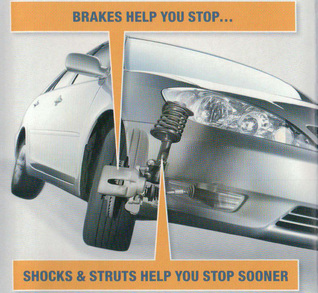
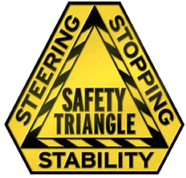
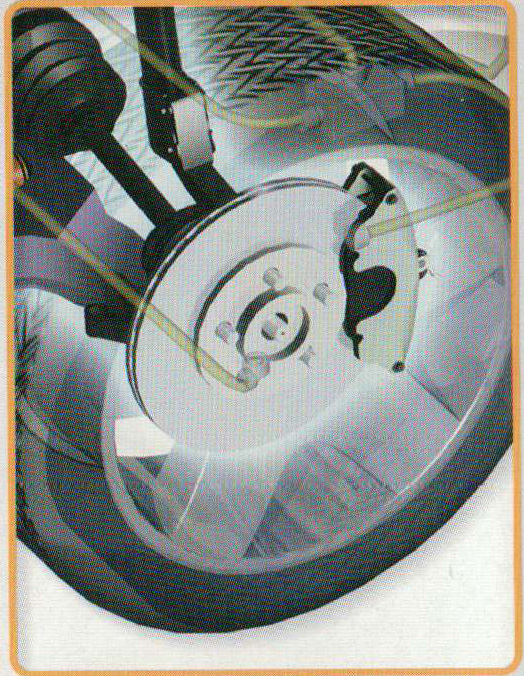
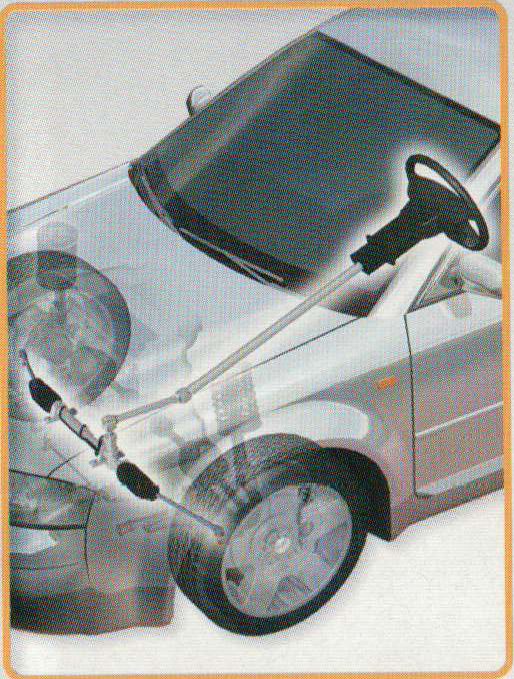
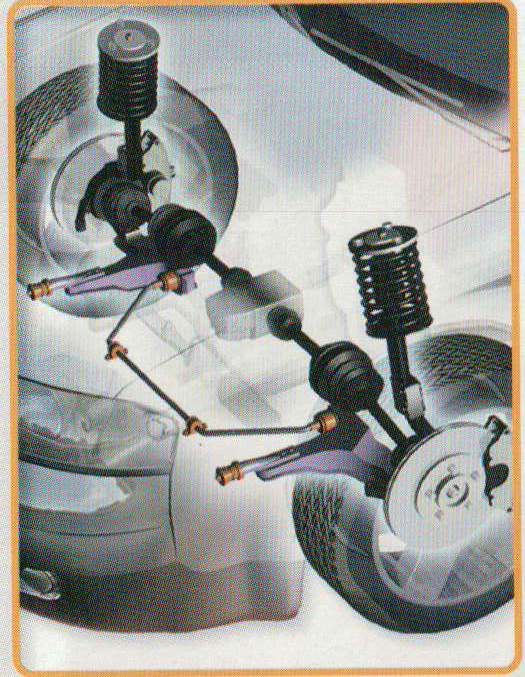
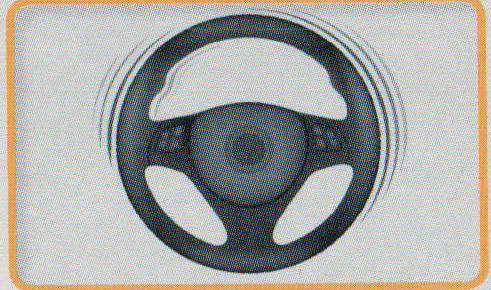
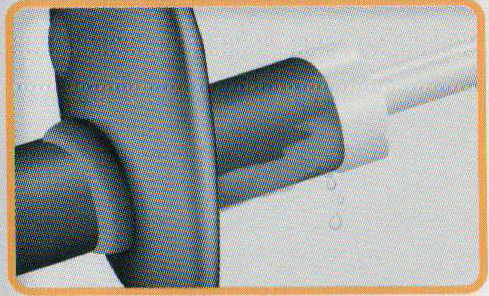
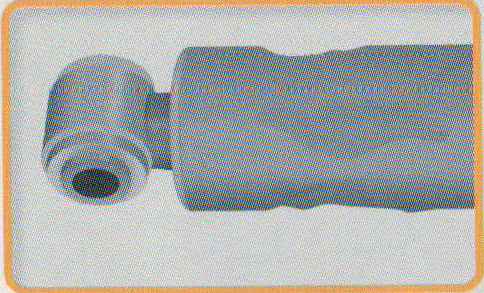
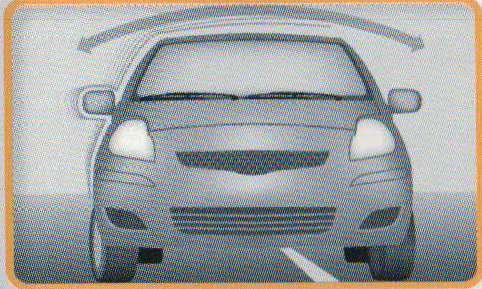
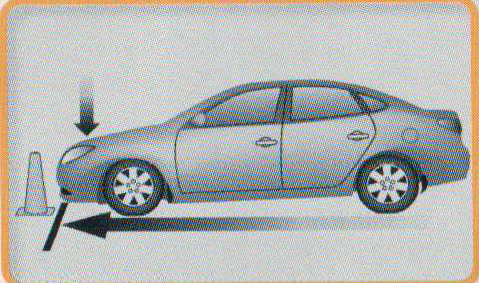
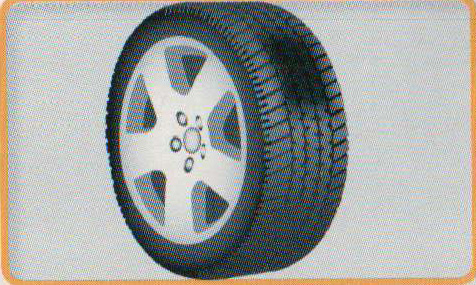
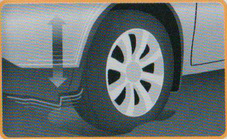
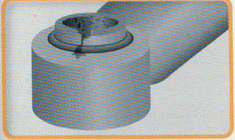
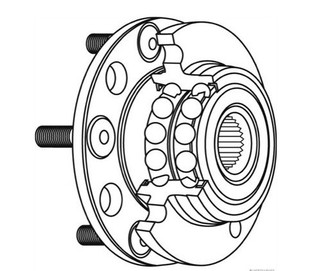

 RSS Feed
RSS Feed